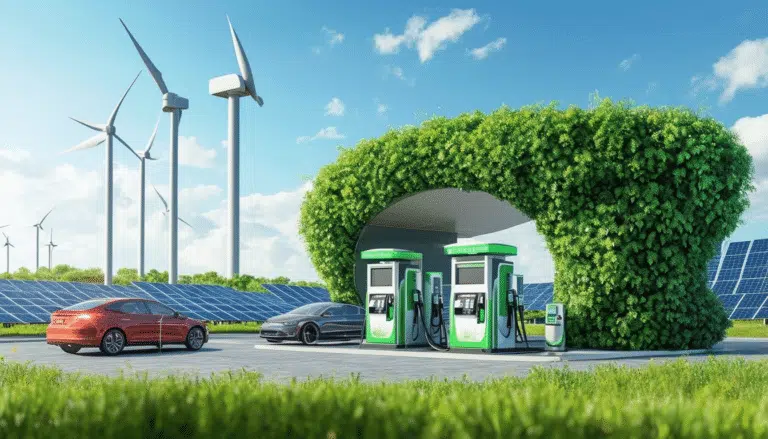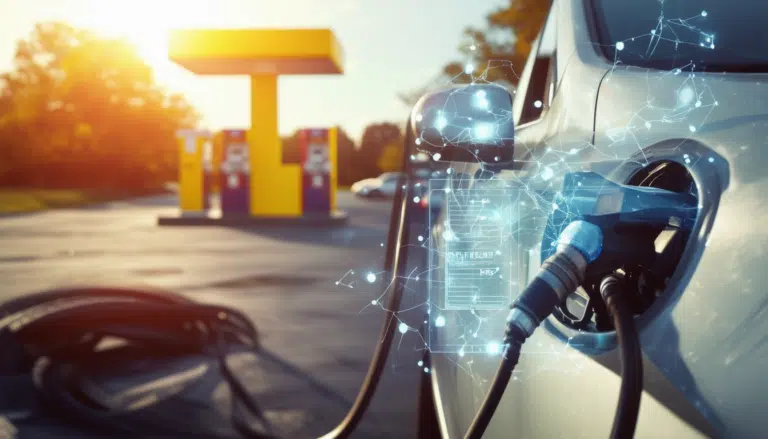Maintenance tips for greater fuel efficiency
Proper maintenance of a vehicle not only ensures its good performance but also plays a crucial role in fuel efficiency. With a series of practical tips, owners can optimize the performance of their cars, reducing costs and contributing to environmental sustainability. From taking care of the fuel system to paying attention to the tires, these measures are essential for achieving more economical and planet-friendly driving.
Proper maintenance of a vehicle not only guarantees its longevity but is also crucial for optimizing fuel efficiency. This way, drivers can enjoy economic savings and contribute to environmental sustainability. Below are a series of recommendations that will help improve fuel economy and the overall performance of the car.
Fuel system inspection
The fuel system is fundamental for the engine’s operation. It is essential to conduct periodic inspections to ensure that there are no obstructions in the injectors, which could affect fuel delivery. Proper maintenance of this system will allow the engine to operate more efficiently and reduce unnecessary fuel consumption.
Filter checks and replacements
Air and fuel filters should be cleaned or replaced at regular intervals. A clean air filter ensures the correct mixture of air and fuel, while a clean fuel filter ensures the effectiveness of the system. Ignoring these changes can lead to poor performance and high fuel consumption.
Tire maintenance
Proper pressure in the tires is crucial for vehicle efficiency. Under-inflated tires create more resistance and, consequently, higher fuel expenditure. It is advisable to check the tire pressure at least once a month and align them properly to ensure even wear.
Engine periodic adjustments
Engines require periodic adjustments to operate at their maximum performance. This includes checking spark plugs, connections, and belts. A well-tuned engine not only operates more effectively but also optimizes fuel efficiency. Conducting regular diagnostics can prevent increased fuel expenditure, resulting in long-term savings.
Proper air conditioning usage
The use of air conditioning significantly impacts fuel efficiency. In extreme heat conditions, it is preferable to use the air conditioning moderately and apply techniques such as opening the windows at low speed. Additionally, keeping the air conditioning system in good condition also contributes to its operational efficiency.
Selecting the right fuel
Choosing quality fuels is a factor to consider to improve efficiency. Researching and knowing the best fuels for optimal performance can significantly influence fuel expenditure and the health of the engine. High-quality fuel will reduce the risk of deposits and minimally damage the engine’s internal components.
Efficient driving practices
The way a vehicle is driven also affects fuel consumption. Adopting a smooth driving style, avoiding sudden accelerations, and maintaining a constant speed are practices that can significantly enhance efficiency. Additionally, planning trips to avoid traffic can help reduce fuel costs.
Exhaust system maintenance
Finally, the exhaust system should be regularly inspected. A blocked exhaust system not only affects engine performance but can also increase fuel consumption. Cleaning and maintaining this system will ensure that the vehicle operates under optimal conditions.
Implementing these simple maintenance tips will not only maximize fuel efficiency but also prolong the vehicle’s lifespan and help care for the environment.
Proper maintenance of a vehicle is crucial to ensure its fuel efficiency and, in turn, to minimize environmental impact. A well-maintained engine not only optimizes performance but also contributes to the reduction of CO2 emissions. Investing time and resources in preventive maintenance can yield significant economic benefits in the long run.
One of the most important aspects is the regular inspection of the fuel system. A clean and well-maintained system ensures that fuel burns more effectively, resulting in lower expenses. Additionally, it is essential to pay attention to filters, spark plugs, and engine oil. Changing oil regularly and using quality products can increase engine life and improve efficiency.
Tire pressure also plays a fundamental role in fuel consumption. Keeping them inflated to the recommended levels not only provides better vehicle handling but also reduces rolling resistance, which translates to lower fuel expenditure. On the other hand, performing proper alignment and checking tire wear can influence the overall efficiency of the car.
Finally, adopting responsible driving habits is equally vital. Avoiding sudden accelerations, maintaining a constant speed, and using the air conditioning moderately are practices that contribute to more efficient fuel use. The combination of good maintenance with conscious driving leads to significant savings and a lower environmental impact.




